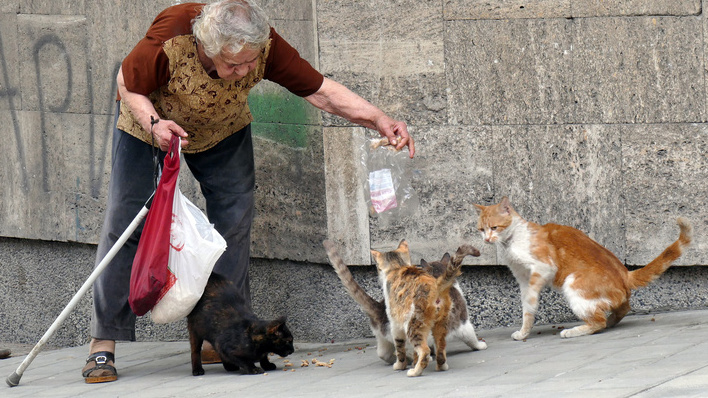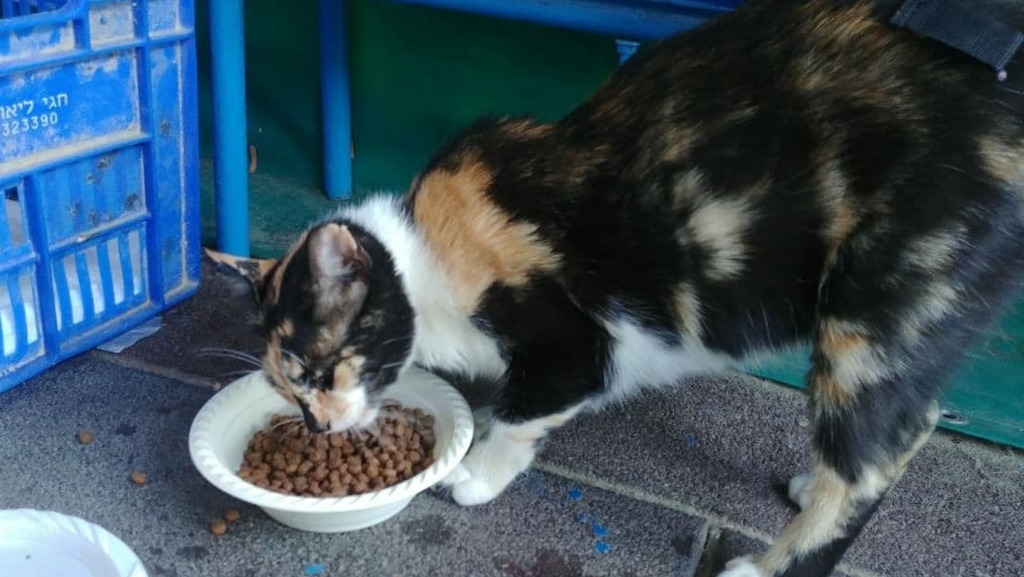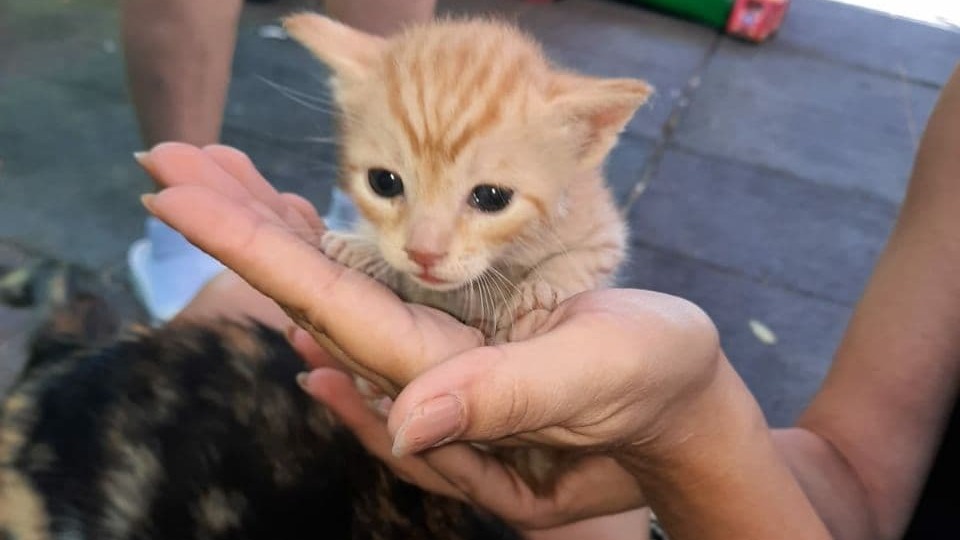Getting your Trinity Audio player ready...
An Israeli lawmaker on Thursday called on the government to establish an authority to oversee the growing number of street cats in the country.
Yesh Atid MK Yasmin Fridman initially made the statement during her maiden debut speech in the Knesset plenum two days ago, which was mostly dedicated to the wellbeing of animals Israel. But, received backlash for apparently focusing her attention on trivial matters.
"I'm a fourth generation cat feeder,” said Fridman in her speech. “I was taught that ‘he who feeds a hungry animal, feeds his soul’.”
The freshman lawmaker stood by her remarks in an interview with Ynet on Thursday, despite criticism from some MKs and members of the public.
“I am very proud to represent the animals and be their voice in the Knesset. Out of 120 MKs, it's okay to have one that holds this issue as her flag alongside other things,” said Fridman.
“My efforts also concentrate on a variety of other issues, including caring for low-income families, public housing, the Negev, and the city of Be'er Sheva," said Fridman, who herself is the native of the Negev capital.
One of the reasons Fridman’s speech drew criticism is because apparently cat feeding is considered controversial, mainly due to it helping maintain the street cat population which often suffers from neglect and even abuse.
According to the Agriculture Ministry data, there are more than one million feral cats in Israel. Fridman said she believes the actual number might be twice as high.
“We are working to reduce the cat population via spaying and neutering, which must receive a larger budget. There is an explosion of street cats in the country."
According to Fridman, one of the best ways to see the issue resolved is by forming a national street cat authority that will be responsible for the wellbeing of street cats, feeding them, and making sure their population does not grow further.
“That would be the dream,” says Fridman. “The state should take responsibility. I do not think that all the burden should fall on the thousands of activists who are collapsing under the burden of feeding, spaying, castrating, and treating the cats all on their own.”
“It should be the responsibility of the state and local authorities, who must address this issue once and for all. This includes the allocation of a budget, sterilizing 80% of all street cats, and setting up a mechanism to ensure this percentage is preserved.”
As for her first bill, Fridman says it was already put on the Knesset’s table.
“It is the law seeking to abolish live shipments. I really hope this time we can pass it. This bill has been tabled countless times and I think now is the perfect time to see it implemented,” says Fridman. “It is a cruel, unnecessary, terrible practice that must be stopped. "





